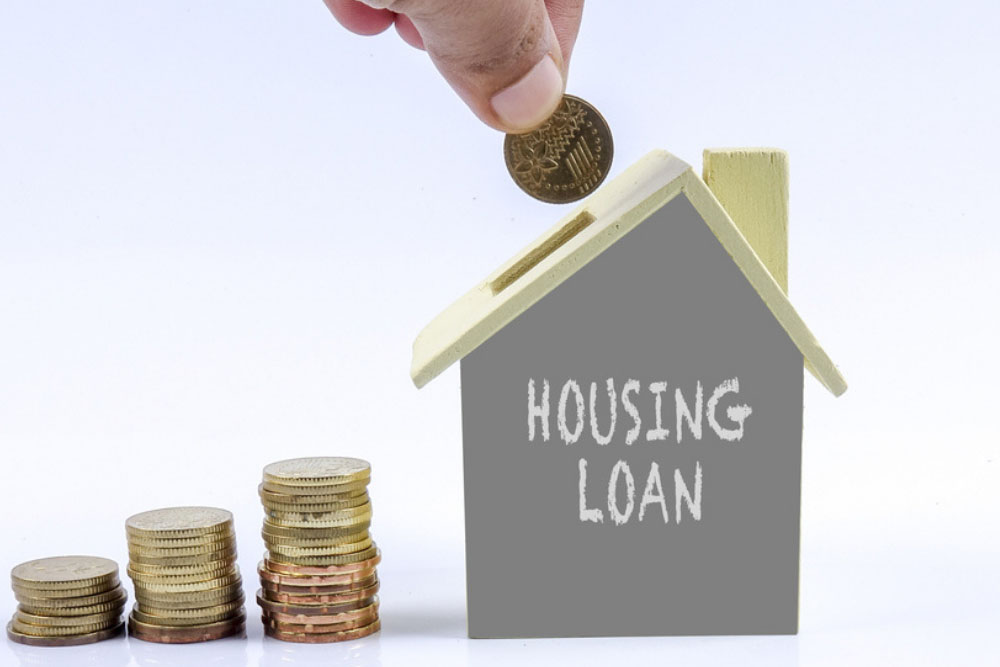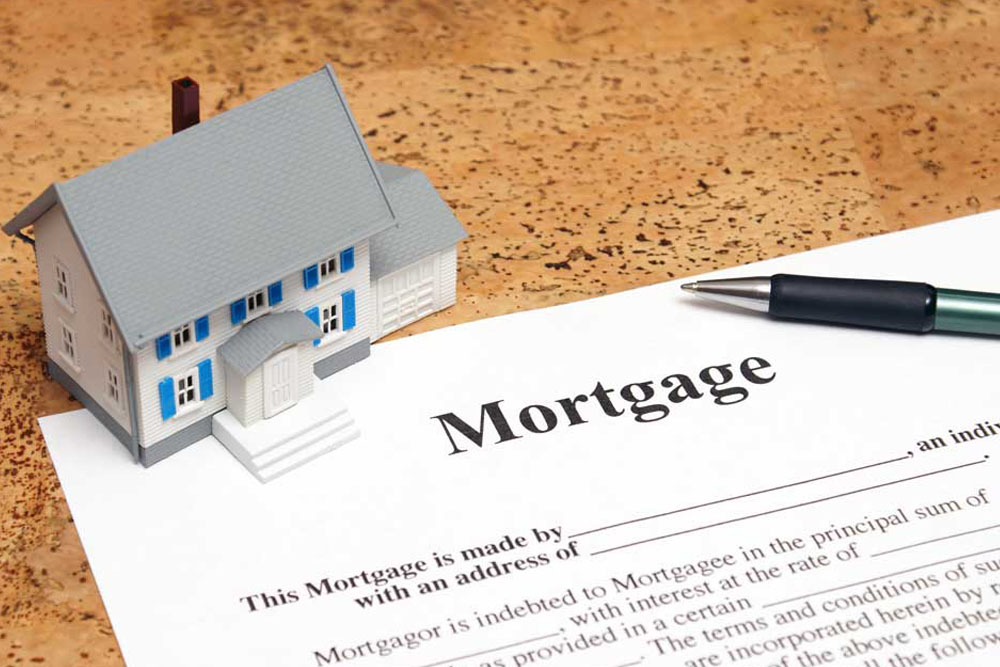Buying our dream home or investment property is a crucial decision in your life. With a property loan in hand, you can even go slightly over the budget and have big plans. We should do thorough research before you get into a long-term repayment commitment with a lender. We help you get the loan against your dream property. Our knowledge in the real estate market will help you to find the right provider for your requirements with the best terms and conditions. We focus on delivering clients the best possible result with an outline of risks and expenses. After finalizing the property, identify a bank or lender for your property loan. Select the lender carefully so that you get a good deal throughout the loan tenure. Connectcochi.com is with you all the way, right from the point of application to the point of disbursal of the amount.











